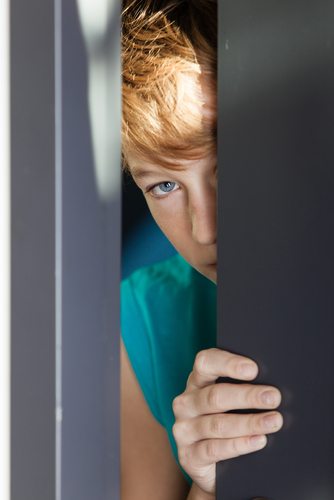When a person with addiction relapses after a period of being clean and sober, it can feel devastating. Nearly 40-60% of people with addiction relapse. It is likely something a person will struggle with for the whole of recovery although some relapse only once. If a teen is diagnosed with addiction, it is possible the challenges will be there for a lifetime. Learn how to build a helpful relapse prevention plan for teens.
Addicted Mind
The mind of a person with addiction is complicated. Even after decades of research, there is no simple way to reverse the impact on a person’s psychological or physical well being from addiction. Any resolution takes dedication from the individual with addiction and constant support of loved ones. It helps to remember relapse does not mean treatment failed. People with addiction often relapse.
Stages of Relapse
The thought process of a teen who is battling addiction can be unpredictable but it helps to pay attention to three key areas which may trigger relapse:
Emotional
Social and emotional challenges of recovery are exacerbated in adolescence, which is already an emotional roller coaster. Counseling can help encourage teens to harness and stabilize emotions. Sometimes it takes just a conversation to set a teen in a different, more positive, direction.
Mental
Stress and anxiety are two huge reasons substance abuse begins. Teens may be more overwhelmed when just working through addiction to recovery and it is a steep battle to face. If a teen feels burdens are too heavy, it helps to work with the child to alleviate stress. Lying and false confidence in teens are precursors to relapse.
Physical
The body responds to mental and emotional stages of relapse. Malnutrition, trouble sleeping, sickness and other physical symptoms tell a families a teen may be headed for disaster. A physical decline is one of the major signs of relapse on the horizon. It may only be a matter of time until the mind wanders to drugs or alcohol as a possible solution.
Coping Skills
To help guide teens, prevention coping skills are important. Keeping the mind and body stimulated with positive activities is a great first step. Meetings with a therapist, school counselor or substance abuse counselor can help teens develop positive coping skills. The more confident a person feels, the less chance of relapse occurs.
Some possible relapse triggers may include:
- Friend’s homes
- Places where he or she used to use
- Frustration
- Exhaustion
- Boredom
- Impatience
- Pressure
- Argumentativeness
Common ways to cope include exercise, creative endeavors, learning, social engagement, meditation, going outside and focusing on healthy alternatives to using drugs or alcohol.
The Villa supports families and teens who are struggling with addiction. If you need help, call us to find out how we can support you in finding the resources and information you need to recover.

